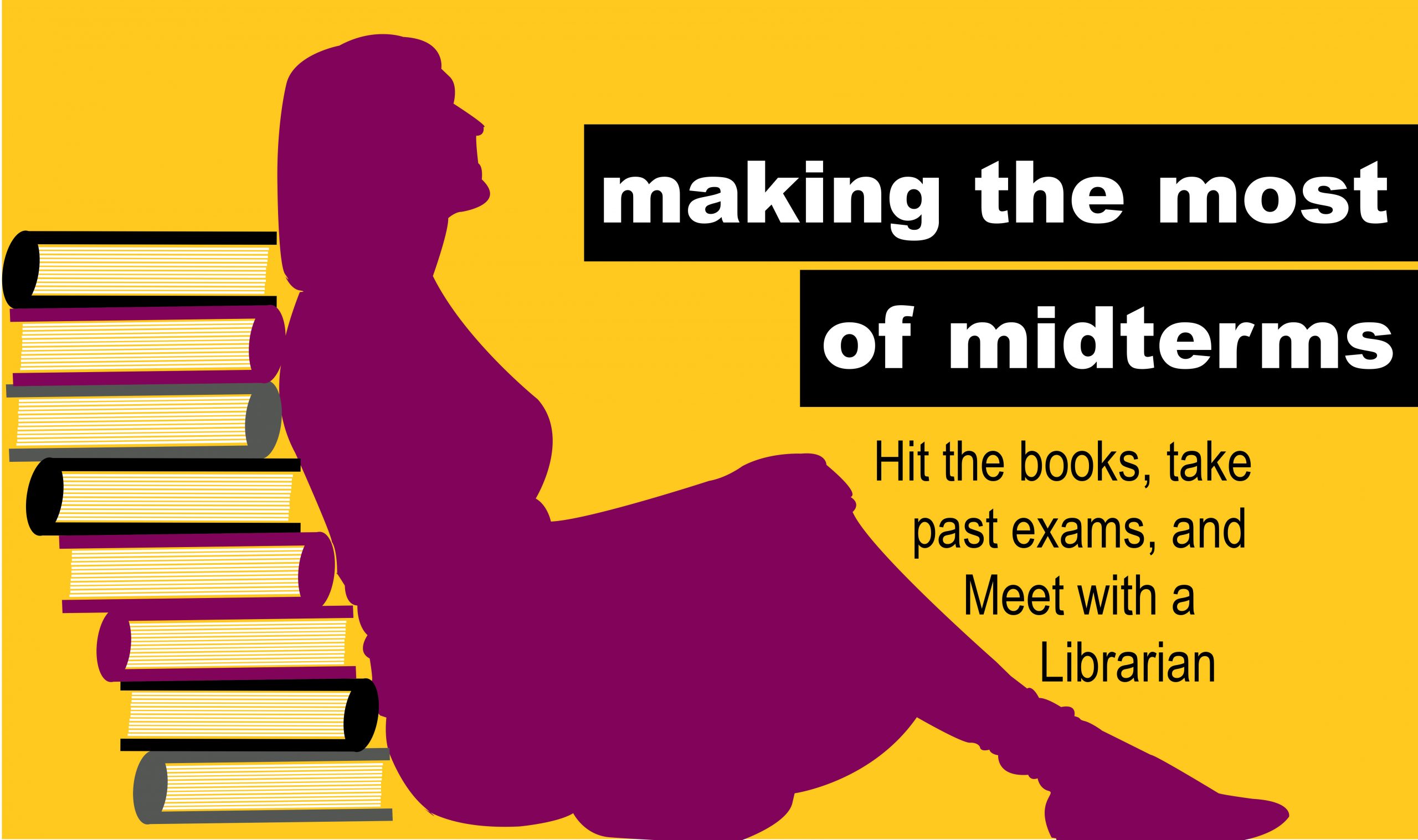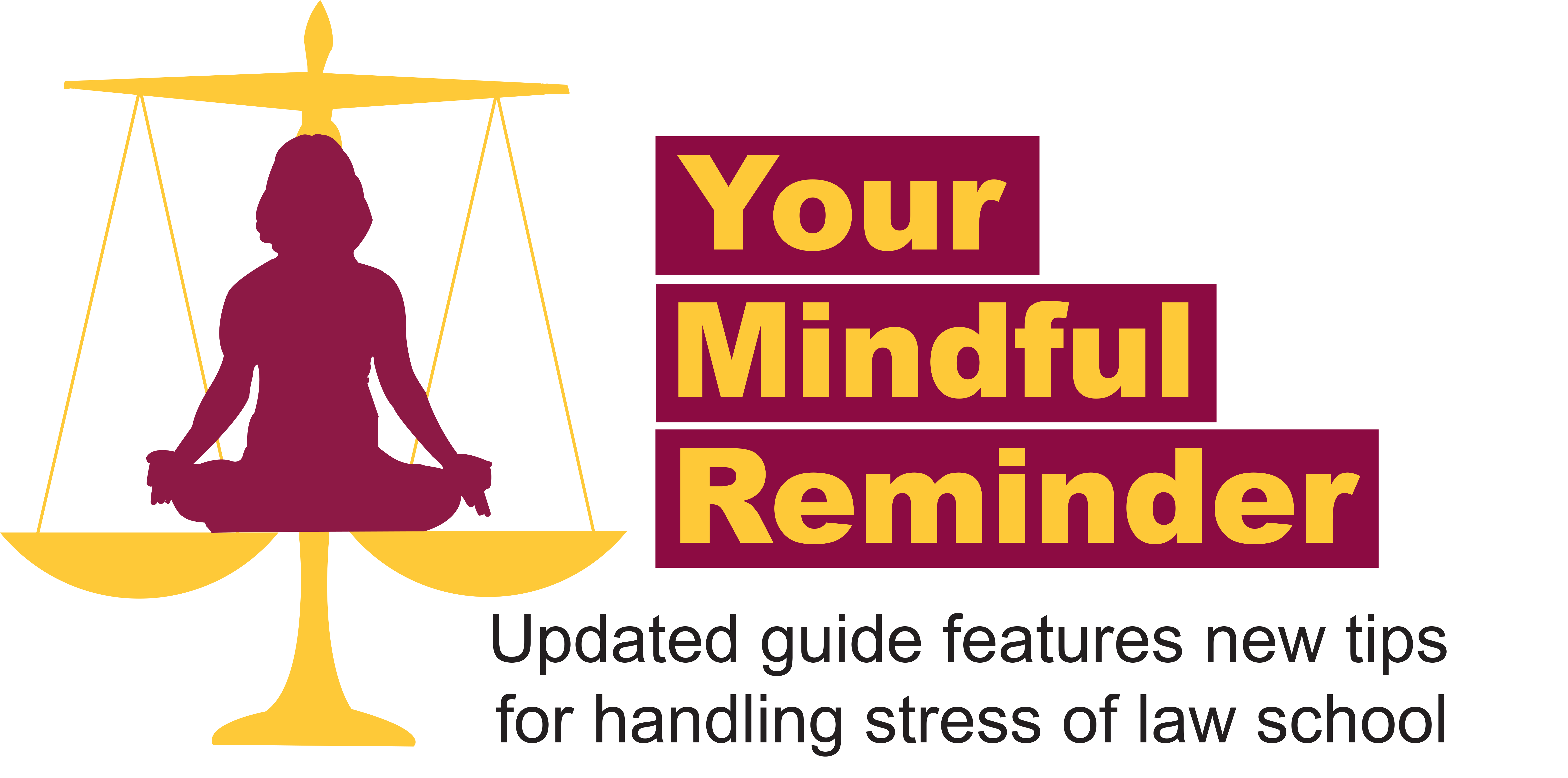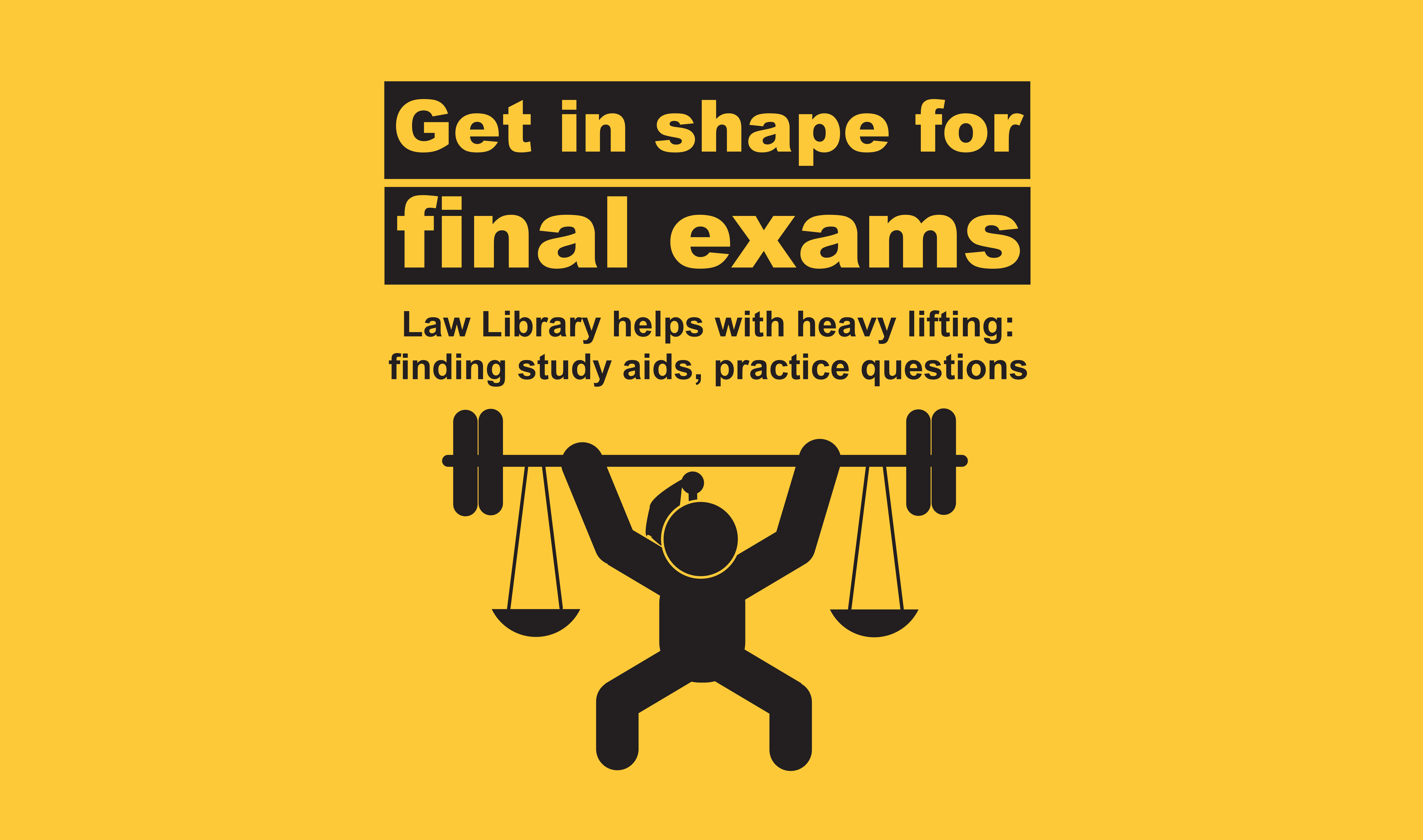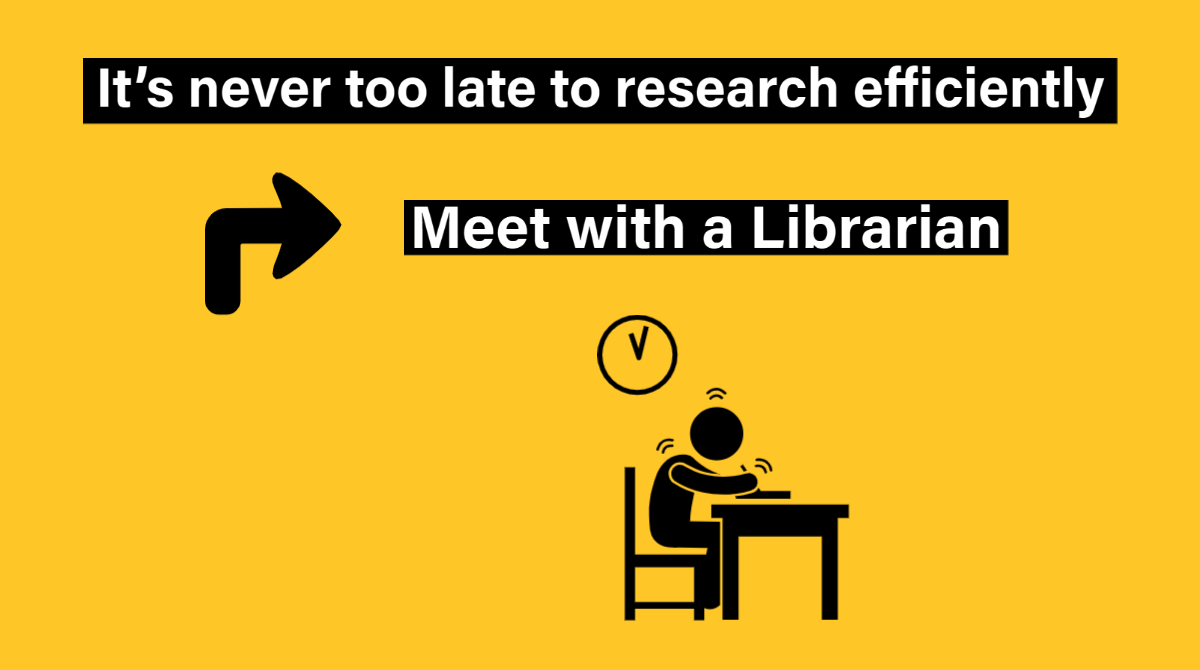Midterm season is just around the corner. Too soon, you say? They’re here to help you!
Midterms are your crystal ball showing your future exam taking self, and a window to the essence of your learning style. They may be more important in informing and adjusting your study habits to achieve your academic apotheosis in May than their nudge to your final grade. Some students have taken them without much extra study just to see how well they can do on just regular, daily reading. But, of course, many law students are type-A achievers, so here are some tips from the Ross-Blakley Law Library to help you excel.
- Study aids for exam practice: The book Getting to Maybe has helped many budding lawyers learn to thrive in a field laden with slippery “it depends” answers instead of familiar, concrete facts. Crunch Time, on Aspen provides flow charts, multiple choice, short answer, and essay exam questions. West Academic provides Exam Pro practice questions for multiple-choice and essay exam practice, and Mastering the Exam for tips that will help you throughout law school. CALI offers podcasts featuring panels of experts on outlining, time management, exam prep, and the grading process.
- Meet with a Librarian about your open memo to buy yourself valuable study time for other classes: We can help you navigate Westlaw and Lexis to find all relevant good law efficiently and thoroughly.
- Take past exams to prepare: Thinking like a lawyer involves more than just repeating memorized knowledge. Unexpected scenarios will test your ability to apply and analyze the law. The library’s Past Exams archive can help; even if it’s not from your professor, authentic issue-spotting exams offer invaluable practice in Civ Pro, Torts, Contracts, and upper-level classes. (Of course, when you come across questions that might be clearly outside the scope of your class, don’t sweat them and move on!)
- Refine your outline: Making an outline is probably the best way to study legal doctrine and make the connections between the rule of law and the court’s reasoning. ASU’s past outlines are most useful to check your own work as you process your notes and readings. Your classes’ teaching assistants can help you resolve discrepancies.
- Breathe: Remember that no one exam will make or break your professional dreams, not even the ones you’ll take in December. Good luck!




